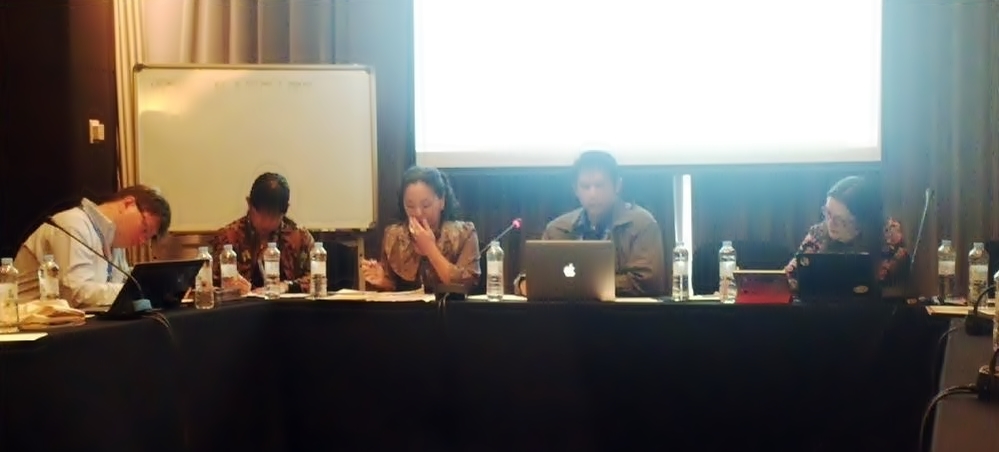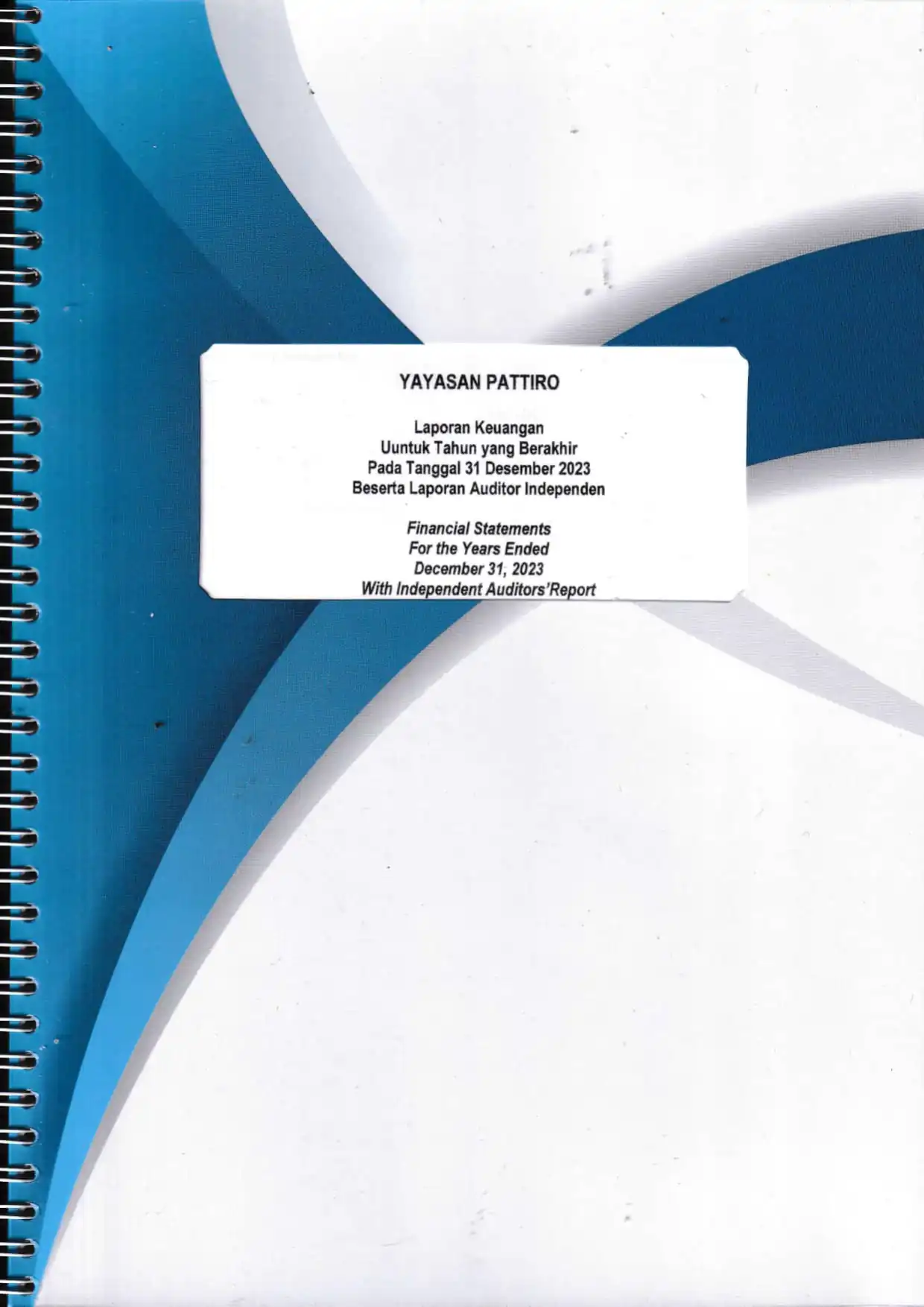A brief note of Rokhmad Munawir’s Trip to Seoul, South Korea
The 8th World Movement for Democracy was held in Seoul, South Korea on 1-4 November 2015. This conference was opened by the South Korea Prime Minister Hwang Kyo-ahn. In his opening speech, Hwang Kyo-ahn briefly told the participants about the journey of democracy in South Korea. The Prime Minister said that South Korea had to go through a long “bloody” way before they can be who they are now.
In this workshop, PATTIRO became one of Civil Society Organizations (CSOs) who participated as one of the speakers in Public Participation and Government Services Session discussing about “How to Root Democracy in the Daily Lives of Citizen?”. Besides PATTIRO, there are other two speakers from Colombia and the Philippines. In this session, the participants examined how public participation can be used to improve government services.
In this session, PATTIRO Public Service Specialist Rohkmad Munawir presented the efforts of creating the Multi-Stakeholders Forum (MSF) – a forum of representatives from the community, local government, and the management of public service – to activate the Public Service Law in Indonesia. The MSF proved to be effective in gathering people’s inputs to help improve public services in health sectors. Yet, it also brought to light some challenges, including capacity issues, bureaucracy in the implementation of services, and the lack of awareness among citizens about the services provided. This case study highlighted a need to educate government officials on the regulation of public service.
At the end of this session, there were six common themes which may be used to help ensure that public participation is successful in improving government services. They are: 1) good legal framework such as law, regulations, policies, 2) mechanism to institutionalized participation, 3) presenting the benefit of participation, 4) capacity to engage and dialogue, 5) devolution of tasks and participation of civil society, and 6) public-private partnership.
Overall, participants agreed that governments must engage citizens as a crucial step to participation. Engaging citizens should not be seen as the solution to governance problems, but rather means to find solutions to these problems.
In this workshop, the representatives of several other countries such as Poland, India, South Africa, Thailand, and South Korea also shared their experience related to the implementation of democracy in their countries.





